4 Views· 12 November 2022
Telephone English: How to take or give a message
http://www.engvid.com/ Want to be more confident talking on the phone in English? In this lesson, I teach you common expressions you can use at the end of a phone call. You will learn how to leave and take messages. By learning these key expressions, you'll become more comfortable speaking on the phone in English. Best of all, you'll be able to practice having a conversation with me! Once you hang up though, take the quiz.
http://www.engvid.com/telephone-english-how-to-take-or-give-a-message/
TRANSCRIPT
Hi, there. My name is Emma, and in today's video, we are going to learn some more telephone English. So if you haven't checked out my video on telephone English already, please do before you watch this video because this video is covering the end of a conversation. I've made one video that covers the beginning. So first, watch the beginning. And once you finish watching, come and watch this video. Okay. So let's get started. I have my telephone here. Let's finish this phone conversation.
So I want to ask you -- pick up your phone, everyone. "Would you like to leave a message? Okay. So repeat after me. "Would you like to leave a message?" Good. If someone asks you this on the phone, you can respond by saying, "Yes. Can you tell Emma that I called?" "Can you tell Peter that -- and you can say your name here -- that Henry called -- that Abigail called?" So your name goes here. The person you have the message for goes here. So this is the person that you have the message for. So if you were calling me, Emma, and you didn't get a hold of me, you want me to call you back. Maybe you talked to my mom, and my mom says, "Oh, would you like to leave a message?" You say, "Yes. Can you tell Emma that -- your name -- called?" Or, "Yes, can you tell Emma to call me tonight?" "Can you tell Emma to call me later?" Okay. So let's try this. I want you to say either this or this. All right? So everybody -- oops. Sorry. Pick up your phone. Pretend you're talking to me. "Would you like to leave a message?" Now, you say -- or --. Okay. Good. Well done. All right.
The next thing I want to do, if I'm calling someone and leaving a message, after I say my name and I say, "Can you tell So and So that Emma called", I want to leave a phone number. So I can say something like, "He/She can reach me at 555-5555." There might have been an extra five there. I don't know. This isn't my number, so don't try to call it. This is an example. "She can reach me at this number." Okay?
All right. So after you give your number, maybe the person isn't ready. Maybe they don't have a pen and paper, and they haven't written -- they can't write this down yet. So if they need a pen and paper, they'll say, "Hold on. Let me grab a pen and paper." Okay? So let's say this together to practice. "Hold on. Let me grab a pen and paper." Meaning, "Give me a moment. I want to write this down."
All right. So I'm now going to say this. I want you to say this. Just to practice. "Yes. Can you tell Frank that I called? Frank can reach me at 555-5555." Okay? Now, you say --. Good. With these expressions, it's very important to practice. And you'll feel more confident if you actually pretend to be on the phone. Don't ask me why, but when you practice to do these things, you actually will feel more confident when you do them.
Okay. So then, what would happen is if I didn't have a pen and paper at the beginning and I said, "Hold on. Let me grab a pen and paper", now, I have my pen and paper. I'm now ready to take the message. So I can say, "Okay. What's your number again?" So if the first time I didn't hear it, I wasn't prepared, I can say, "Okay. What's your number again?" So repeat after me. "Okay. What's your number again?" Great.
So now, we are going to finish the phone conversation. Okay. So the person who just wrote down your number and wrote down your name -- the person who took the message will now say, "Great! I'll let her/I'll let him/I'll let Emma/I'll let Peter know you called." Okay? That's one thing you can say. You can also say, "I'll pass on the message." "Okay. I'll pass on the message." So you have a choice between this or this. So let's try that. I want you to say this, okay? Great. Okay. Good.
So after this -- or actually, sometimes -- maybe you don't want to leave a message. Maybe you just want to try to call back later. Okay. So if somebody asks you, "Would you like to leave a message", and you don't want to leave a message, you can say, "No. That's okay. I'll try again later." Okay? So let me ask you if you'd like to leave a message, and you say this. "Would you like to leave a message?" Perfect. All right.

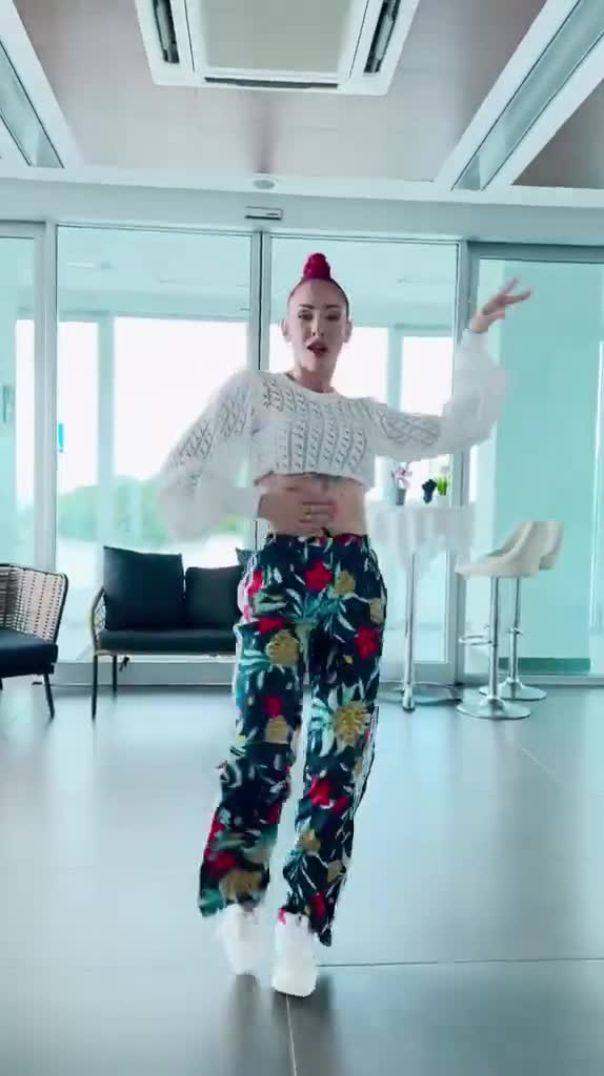
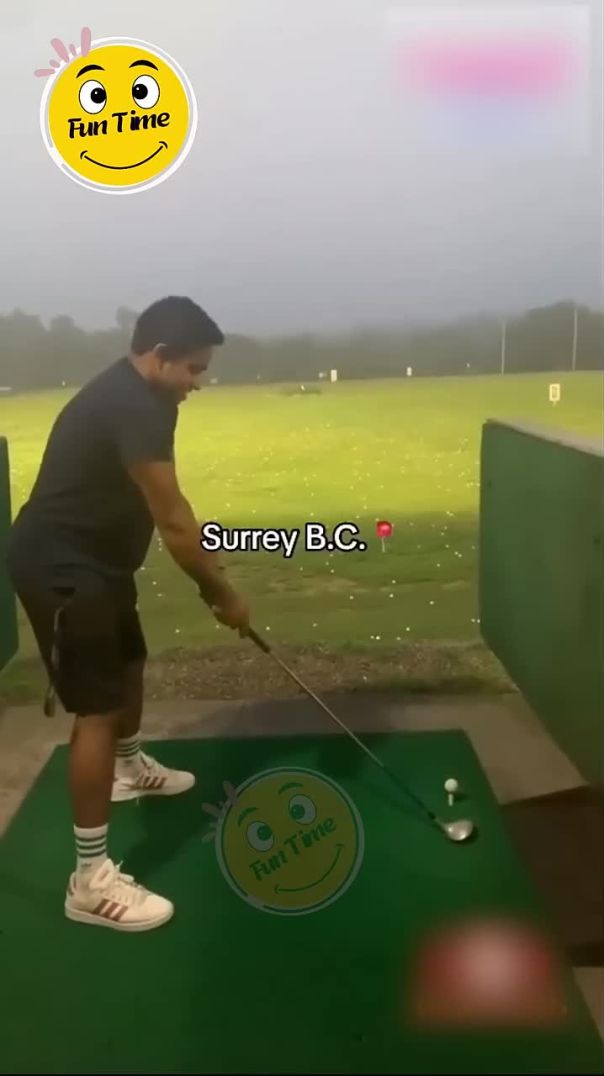
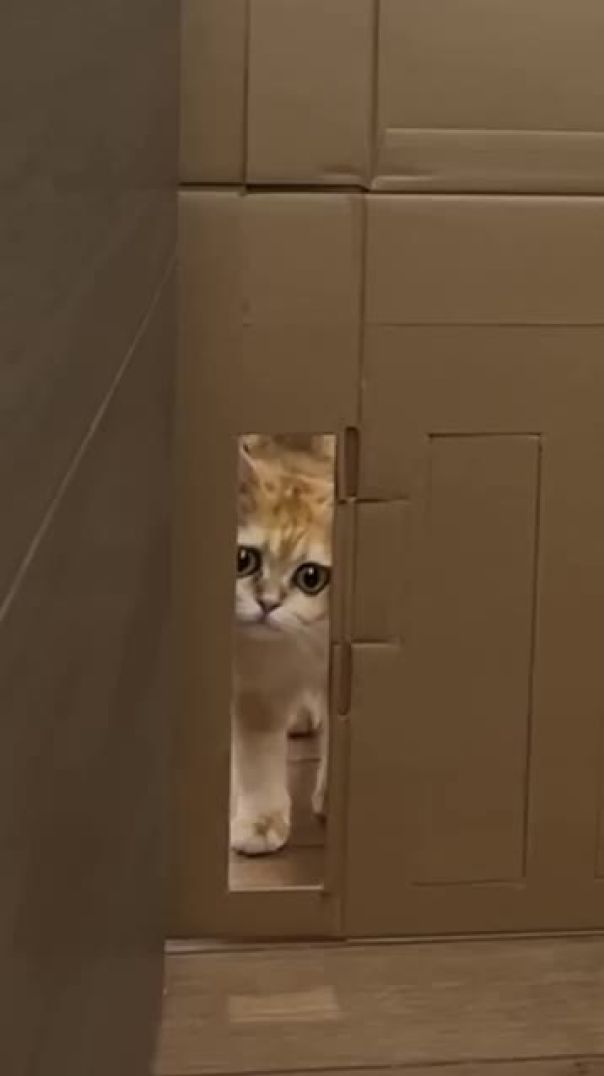
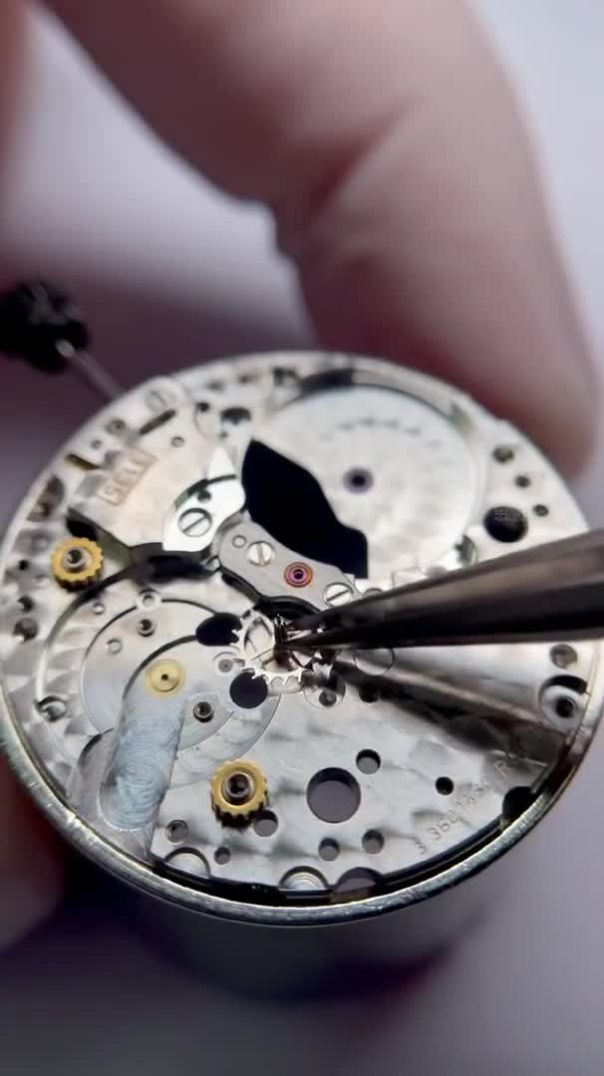
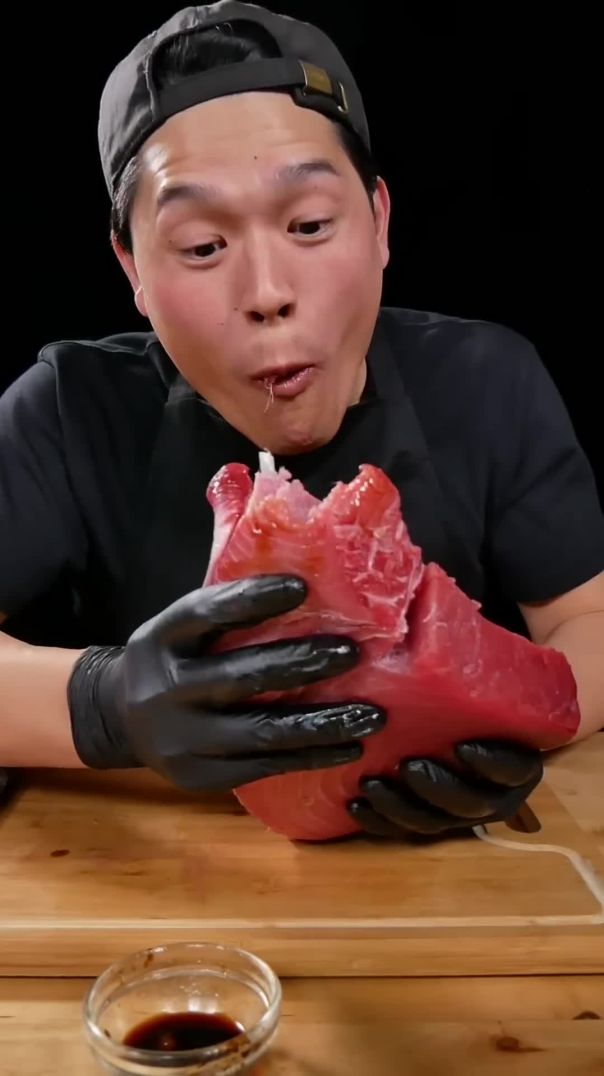





















0 Comments